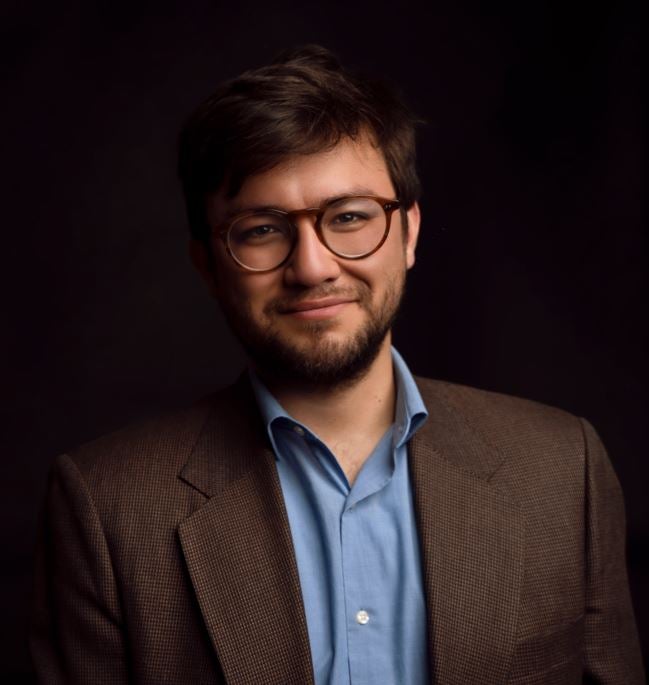SURF Mentoring
Potential projects/topics: Stretchable Electronics, Medical Devices, Wearable Electronics, Engineering Simulations
Potential skills gained: Engineering Modeling / Mechanics
Required qualifications or skills: Preferably MECH / CEVE / BIOE students. MECH 202 is preferred but not required.
Direct mentor: Faculty/P.I., Post-doctorate, Graduate Student
Research Areas
Dr. Avila’s research centers on modeling and simulation of bioelectronics for health care and biomedical applications. His research laboratory aims to develop a theoretical and computational framework to study the scalability, packaging, power limitations, tissue interactions and energy absorption in bioelectronic devices. He is interested in developing bioelectronic design concepts to yield ingenious mechanical capabilities with sufficient electromagnetic efficiency at the material-level and device-level for wireless signal sensing, mechanics manipulation, clinical imaging, and energy harvesting applications. Inspired by the potential to advance patient care by levering engineering concepts, Dr. Avila’s research aims to expand bioelectronics capabilities by combining mechanics, materials, and electromagnetics design in emerging applications including dissolvable pacemakers, sweat collection microfluidic devices, ultra-soft biosensors for NICU and PICU patients, implantable optogenetic devices, bioresorbable temperature sensors and pacemakers, miniaturized pressure sensors for prosthetics, and drug delivery technologies.

